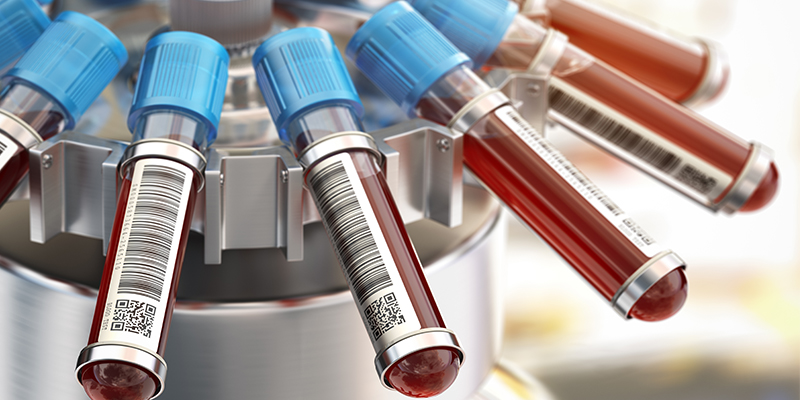
Estimated reading time: 3 minutes and 11 seconds
SMA Test
Understanding Spinal Muscular Atrophy
The SMA test, or spinal muscular atrophy test, is a diagnostic screening tool used to detect genetic mutations associated with spinal muscular atrophy, a rare neuromuscular disorder that affects motor nerve cells in the spinal cord. At Aktif International Hospitals, we offer SMA testing as part of our comprehensive genetic screening services, allowing individuals and families to identify their risk of carrying or developing this inherited condition.
Frequently Asked Questions
What is spinal muscular atrophy (SMA)?
Spinal muscular atrophy (SMA) is a genetic disorder characterized by the progressive loss of motor neurons in the spinal cord and lower brainstem, leading to muscle weakness and atrophy. SMA is caused by mutations in the survival motor neuron 1 (SMN1) gene, which plays a crucial role in motor neuron function and survival.
How is the SMA test performed?
The SMA test typically involves a simple blood or saliva sample, which is collected and sent to a laboratory for genetic analysis. The laboratory will examine the sample for specific genetic mutations in the SMN1 gene associated with spinal muscular atrophy. Results are usually available within a few weeks, depending on the testing method used and the laboratory’s processing time.
Who should consider undergoing an SMA test?
SMA testing is recommended for individuals with a family history of spinal muscular atrophy or those who are carriers of the genetic mutation. Additionally, prenatal screening for SMA may be offered to couples with a family history of the condition or those of certain ethnic backgrounds with a higher carrier frequency. Early detection of SMA mutations can help individuals make informed decisions about family planning and medical management.
What are the different types of SMA?
There are several types of spinal muscular atrophy, which are classified based on age of onset and severity of symptoms:
- SMA Type 1 (also known as Werdnig-Hoffmann disease) typically presents within the first few months of life and is the most severe form of the condition, characterized by profound muscle weakness and respiratory difficulties.
- SMA Type 2 typically manifests between 6 and 18 months of age and is characterized by progressive muscle weakness, delayed motor milestones, and potential respiratory complications.
- SMA Type 3 (also known as Kugelberg-Welander disease) typically presents after 18 months of age and is milder in severity, with a slower progression of symptoms and preserved motor function.
- SMA Type 4 (adult-onset SMA) is the rarest form of the condition and typically presents in adolescence or adulthood with milder symptoms, such as muscle weakness and fatigue.
What are the implications of a positive SMA test result?
A positive SMA test result indicates the presence of genetic mutations associated with spinal muscular atrophy. Depending on the specific mutations identified and individual circumstances, individuals may be at risk of developing SMA themselves or passing the genetic mutation onto their children. Genetic counseling is recommended for individuals with positive SMA test results to discuss the implications, inheritance patterns, and available reproductive options.
How can Aktif International Hospitals assist with SMA testing?
At Aktif International Hospitals, our team of genetic counselors and medical specialists is dedicated to providing comprehensive genetic testing and counseling services, including SMA testing. We offer state-of-the-art genetic testing technologies and personalized care to individuals and families seeking to understand their genetic risk factors and make informed decisions about their health. If you’re considering SMA testing or have questions about genetic screening, we’re here to help. Schedule a consultation with one of our experts today.


 TR
TR